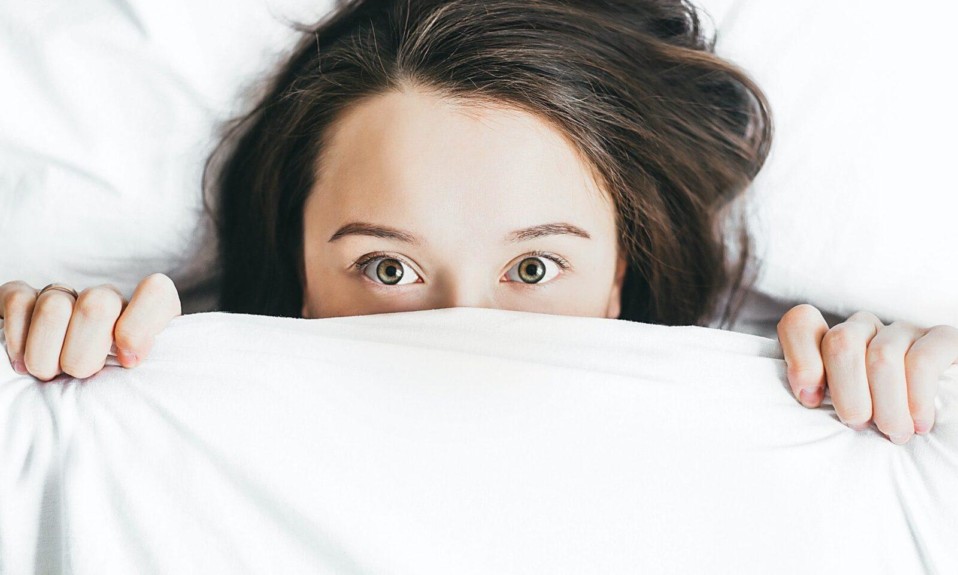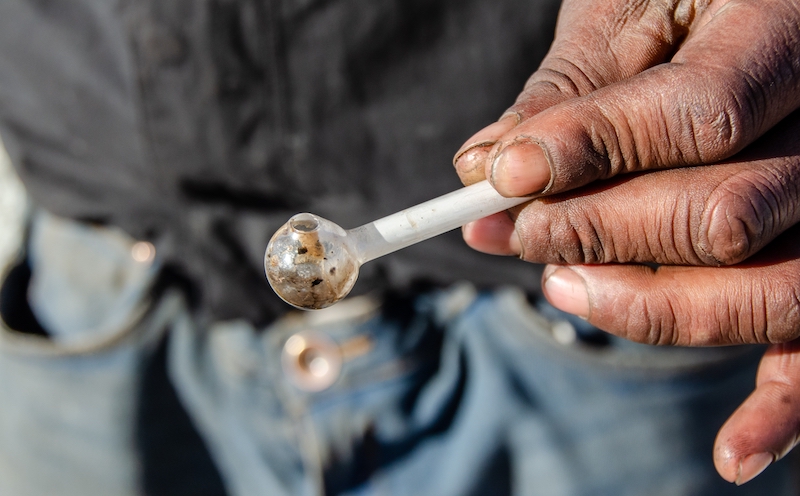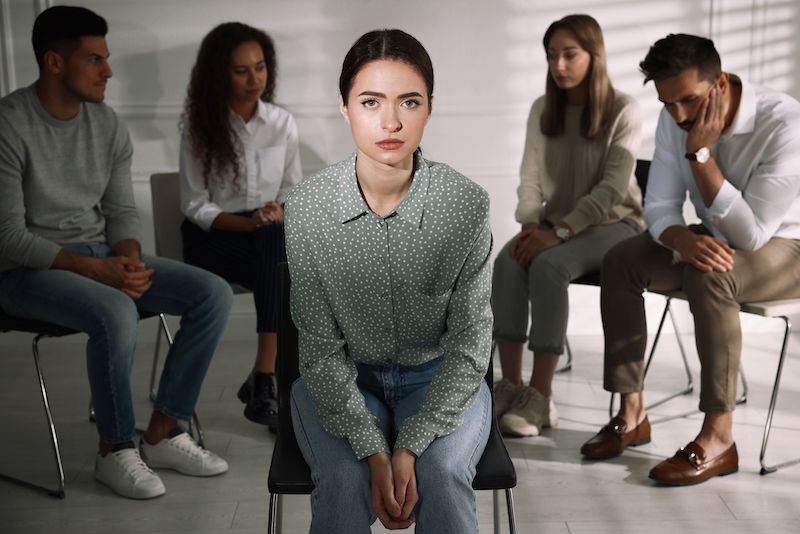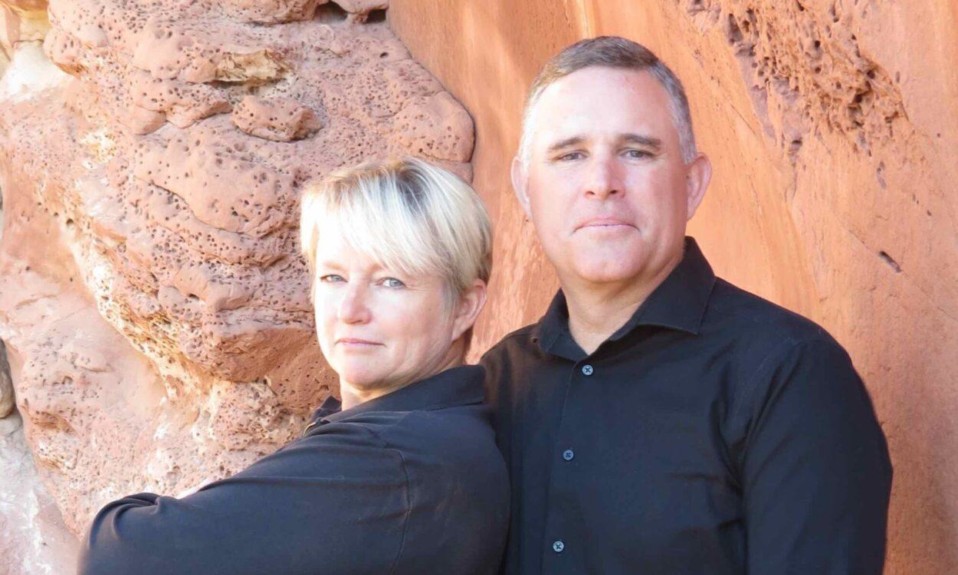Young binge drinkers using CBT for insomnia exhibited improved sleep and decreased alcohol use
By Jason Langendorf
October 27, 2020Could young people with insomnia and alcohol-related problems benefit in both areas from the same treatment? A study at the University of Missouri-Columbia, published recently in the Oxford Academic journal, suggests that may be the case.
Researchers conducted a pilot study that determined the effectiveness of cognitive behavioral therapy (CBT) to improve insomnia symptoms in young “binge” drinkers, as well as the efficacy of that improvement predicting more positive outcomes in alcohol use. Before this study, CBT for insomnia had not been tested among individuals who were actively drinking.
The results of this study indicate that insomnia treatment may improve alcohol-related problems and, therefore, may be an ideal first step toward treatment among binge-drinking young adults with insomnia.”—Mary Beth Miller, Ph.D., assistant professor of clinical psychiatry, Missouri University School of Medicine
“The potential for insomnia treatment to influence alcohol-related consequences has significant implications for the prevention and treatment of alcohol use among young adults,” says Mary Beth Miller, Ph.D., assistant professor of clinical psychiatry at the Missouri University School of Medicine. “Given the stigma associated with mental health issues and addiction, it’s crucial to identify other forms of treatment that either influence alcohol outcomes or open the door to alcohol-related treatment.”
American Addiction Centers calls the relationship between insomnia and alcohol use disorder (AUD) “bidirectional,” in that insomnia is often a co-occurring condition in those who suffer from AUD, and vice versa. Many people with sleep disorders self-medicate (often with alcohol) in order to fall asleep. But alcohol intake impairs sleep quality, including restorative REM sleep. And because sleeping difficulties are a common withdrawal symptom, individuals with AUD may struggle with insomnia when attempting to abstain.
Miller and her research colleagues tested 56 individuals, ages 18 to 30, who reported at least one binge-drinking episode (four or more drinks) over the previous month. Study participants were randomly treated using five weekly CBT sessions or a single session of sleep-specific hygiene. (The CBT sessions included sleep hygiene among its topics.) Subjective sleep and drinking surveys were supported by objective sleep results measured by wrist devices.
CBT participants reported higher improvement in reduction of insomnia severity (56%) than the sleep-hygiene participants (32%), but the study’s other key observation may have greater implications in the addiction field: Both participant groups reduced their drinks per week and alcohol-related consequences after receiving their respective treatments.
“The results of this study indicate that insomnia treatment may improve alcohol-related problems,” Miller says, “and therefore, may be an ideal first step toward treatment among binge-drinking young adults with insomnia.”
Miller plans a follow-up study featuring a larger sample size to examine alcohol-related problems as a primary outcome. Her goal is to determine if sleep treatment can help improve executive function and, in turn, yield a heightened ability to regulate emotions and decrease the risk for alcohol-related problems.
Photo: Alexandra Gorn












